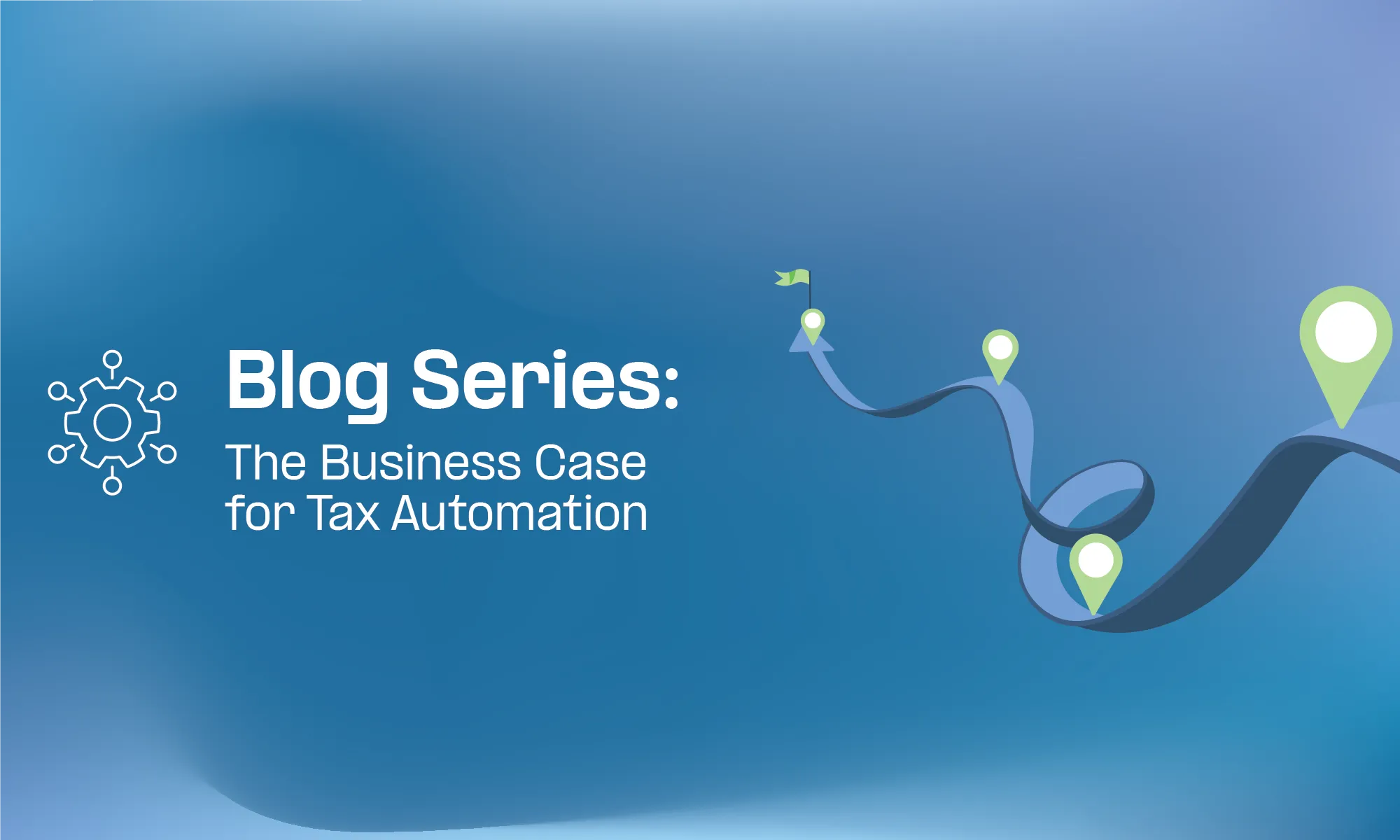Romania
E-invoicing Guide
Summary
E-Invoicing
Mandatory e-invoicing for B2B, B2C (starting in 2025) and B2G transactions
Digital Reporting
Yes
Romania Electronic Invoicing and Digital Reporting Requirements
Background
B2G e-invoicing and B2B e-invoicing for high fiscal risk products became mandatory on July 1, 2022, in Romania.
From January 1, 2024, all resident and non-resident businesses are required to report their invoices within 5 working days of issuance.
From June 1, 2024, fines ranging from 1000 LEI to 10000 LEI (approximately EUR 200 to EUR 2000) will be applied for non-compliance.
From July 1, 2024, resident businesses must issue, transmit, and receive invoices exclusively through the RO E-Factura system. Non-resident VAT registered businesses continue to be subject to e-reporting requirements.
From January 1, 2025, e-invoicing will extend to B2C transactions for resident businesses.
Romania began SAF-T implementation in 2022 and continues to phase in taxpayers through 2025.
What Types of Businesses Does This Apply to?
- Resident businesses
- Non-resident VAT registered businesses
Governmental Body Responsible for E-invoicing in Romania
Penalties for Not Adhering to Romania's E-invoice Mandates
E-Invoicing
June 2024: Penalties ranging from 1000 LEI to 10000 LEI (approximately EUR 200 to EUR 2000) will be applied for non-compliance with e-reporting requirements.
July 2024: Starting July 1, 2024, fines will be imposed equal to the %15 of the total invoice value.
SAF-T
For non-compliance with the obligation to provide the tax authorities with the information necessary to determine its fiscal status a penalty between RON 4,000 to RON 10,000 for legal entities classified in the category of medium and large taxpayers and a penalty between RON 2,000 to RON 5,000, for other legal entities might be imposed.
For non-compliance with making registers, records, business documents, or any other documents available to the fiscal body at the place indicated by the fiscal body or other non-compliance a penalty between RON 25,000 and RON 27,000 for legal entities classified in the category of medium and large taxpayers and a penalty between RON 6,000 to RON 8,000 for other legal entities might be imposed.
For noncompliance with the archiving rules, a penalty between RON 12,000 and RON 14,000 for medium and large taxpayers and between RON 2,000 and RON 3,500 for other legal entities might be imposed.
What does the e-invoicing process in Romania look like?
- The issuer should submit the electronic invoice in XML format to the E-Factura system, using the SPV. The XML file should comply with the European standard EN 16931 (basic semantic model of the electronic invoice) and the national RO-CIUS rules introduced by the Romanian authorities.
- Following the transmission of the electronic invoice, the E-Factura system automatically assigns an identification number used as a reference within the processes and operations specific to the system.
- After sending the electronic invoice, the E-Factura system performs the following operations automatically on the file in XML file, as follows:
- checks and validations regarding the structure and syntax;
- semantic checks.
- If the submitted e-invoice is compliant, the electronic seal of the Ministry of Finance is applied. The application of the electronic seal of the Ministry of Finance certifies its receipt in the national electronic invoice system RO e-Factura.
- If the submitted e-invoice is non-compliant, the issuer receives an error message. After correction of the errors, the issuer should submit the e-invoice to the E-Factura system again.
- The original copy of the electronic invoice is considered the XML file accompanied by the electronic seal of the Ministry of Finance.
- Once the Ministry of Finance applies its electronic seal on the complaint invoice, the recipient is notified.
- If the recipient has objections, he notifies the issuer of the e-invoice using the RO e-Factura system. In this case, the issuer corrects or amends the e-invoice and submits it again according to the above procedure.
- Between January and July 2024, except in cases where both parties are registered with the RO E-Factura Register, invoice transmission will not be performed by the Romanian E-Factura system. Therefore, taxpayers are required to transmit invoices to their trading partners in the agreed form and format.
- As of July 2024, the Romanian E-Factura system will exchange the e-invoices between resident taxpayers.
Is SAF-T Needed in Romania?
Romania is introducing the application of the standard audit file (SAF-T) for tax purposes in stages.
- First stage: January 1, 2022 - large taxpayers
- Second stage: July 1, 2022 - second round of large taxpayers
- Thirds stage: January 1, 2023 - medium-sized taxpayers
- Fourth stage: January 1, 2025 - small-sized taxpayers
Nonresident VAT-registered companies in Romania are also required to submit the SAF-T file.
The SAF-T file should be submitted electronically on Form D406.
E-Invoicing & Global Tax Automation with Fonoa
One way to comply with Digital Reporting Requirements in Romania is to use a provider like Fonoa.
With Fonoa you can:
- Have one integration for your global needs, including Romania
- Save time and money by automatically cleaning your data to minimize errors and manual work
- Utilize our validation mechanisms to ensure reporting accuracy, data completeness, full control, and compliance
- Rest assured that transactions are successfully reported or queued for internal investigation with our retry mechanisms
- Get full visibility with our dashboards by filtering criteria, analyzing granular transaction data, and quickly importing /exporting information
Disclaimer on Tax Advice
Fonoa does not provide professional tax opinions or tax management advice specific to the facts and circumstances of your business and that your use of the Specification, Site, and In addition, due to rapidly changing tax rates and regulations that require interpretation by your qualified tax professionals, you bear full responsibility to determine the applicability of the output generated by the Specification and Services and to confirm its accuracy. No professional tax opinion and advice. Fonoa does not provide professional tax opinions or tax management advice specific to the facts and circumstances of your business and that your use of the Specification, Site, and In addition, due to rapidly changing tax rates and regulations that require interpretation by your qualified tax professionals, you bear full responsibility to determine the applicability of the output generated by the Specification and Services and to confirm its accuracy.










